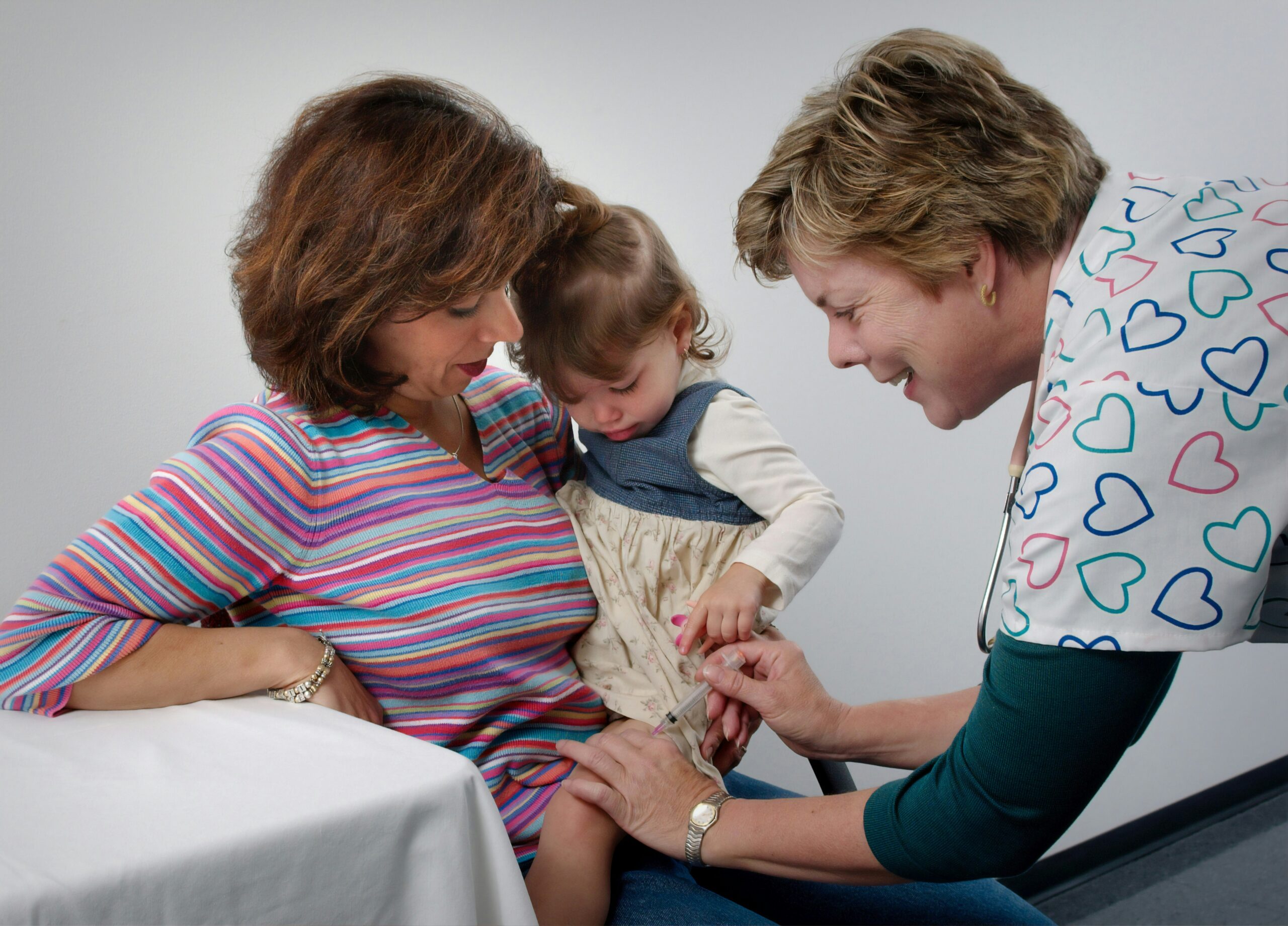Frequent GP Practice Attenders – An Overview

Reaching the right audience at the right time is a critical challenge in healthcare marketing. Frequent attenders at GP practices represent a significant share of primary care usage, making them a key demographic for public health campaigns, service signposting, and targeted health messaging. These individuals often have ongoing or complex needs and are highly engaged with healthcare environments—making GP surgeries an ideal setting to reach them. Understanding who they are, what motivates their visits, and how to effectively engage them can significantly enhance campaign outcomes.
Who Are Frequent GP Practice Attenders?
Frequent GP practice attenders are typically defined as patients who account for a disproportionately high number of appointments over a given period—commonly the top 10% of attenders, who can account for up to 40% of all GP consultations in England. This group is not homogenous, but trends reveal that frequent attenders are more likely to be older adults, individuals from lower socioeconomic backgrounds, and those living with long-term or complex conditions. Mental health and psychosocial factors also play a role, as regular visits may offer reassurance, continuity, and support in addition to clinical care.
Parents and Children
Parents—especially those of young children—are among the most frequent users of GP services. From managing minor childhood illnesses to seeking vaccinations, developmental checks, or reassurance, this group engages proactively with primary care. According to UK government data, children under five have some of the highest consultation rates in general practice. These visits are often driven by precaution and parental concern, which makes education-based health messaging particularly effective in this group.
People Aged Over 60
People aged 60 and over are another key segment of frequent GP attenders. As individuals age, they are more likely to experience multiple health conditions, from hypertension to arthritis and diabetes. This naturally increases their interaction with primary care services. The Health Foundation highlights that people aged 65+ are more likely to be repeat attenders, particularly when managing long-term health plans. Campaigns targeting this group should focus on accessibility, trust, and clear, jargon-free health information.
People with Long-Term Health Conditions
Patients managing chronic conditions such as asthma, diabetes, COPD, or cardiovascular disease often require regular GP appointments for check-ups, medication reviews, and symptom management. This makes them consistent users of healthcare services and highly receptive to relevant, targeted health communications. NHS England estimates that people with long-term conditions account for around 50% of all GP appointments. Engaging this audience requires messaging that supports self-management and promotes continuity of care.
People with Mental Health Diagnoses
Mental health diagnoses—ranging from anxiety and depression to more complex psychiatric conditions—are closely associated with frequent GP attendance. For many individuals, GPs are the first and ongoing point of contact for mental health support, advice, and medication management. Studies suggest that patients with mental health conditions are more likely to make repeated visits due to both physical and psychological concerns. Messaging for this group should be sensitive, stigma-free, and reassuring, with signposting to appropriate support services.
How Do Digital Health Solutions Improve Engagement With Frequent GP Practice Attenders?
Digital health solutions such as in-practice screens, personalised content, and data-led messaging improve engagement with frequent attenders by delivering timely, relevant information in trusted environments where these individuals are already focused on their health.
Frequent attenders are often engaged and health-conscious, making them highly receptive to in-practice digital communication. Digital screens in GP surgeries, like those provided by IDS Media UK, allow for targeted messaging tailored to the demographics of the patient population. This can include health education, reminders, or public health campaign content. These solutions capture attention in high-footfall areas, ensuring visibility without reliance on digital literacy or at-home internet access.
Strategies to Engage Frequent GP Practice Attenders
Engaging frequent GP attenders effectively requires a blend of empathy, relevance, and accessibility. Here are key strategies marketers can use:
- Personalised communication: Health messaging should reflect the needs and concerns of specific demographics, whether it’s older adults managing long-term conditions or parents seeking guidance. Messaging that feels personal builds trust and relevance.
- Preventive care and chronic condition education: Campaigns that encourage preventive action, lifestyle change, or better disease management empower patients and reduce the need for avoidable appointments. Leaflets, posters, and in-practice health literature can all reinforce these messages.
- Digital and physical visibility: A mix of digital screens and printed media within GP environments ensures messages are seen, understood, and remembered—regardless of a patient’s digital access level. Positioning content in waiting rooms or near reception points increases the likelihood of engagement.
Frequent attenders are among the most engaged and motivated healthcare users. By meeting them in environments they trust and offering content that addresses their specific needs, marketers can significantly improve the reach and effectiveness of their campaigns.
Frequent GP attenders represent a high-impact audience for healthcare communications. They are present, engaged, and seeking support—making GP surgeries a powerful setting for meaningful, timely interventions. At IDS Media UK, we help you connect with this audience through trusted, targeted media solutions. Explore our GP surgery environments to learn how your campaign can make a lasting impact where it matters most.